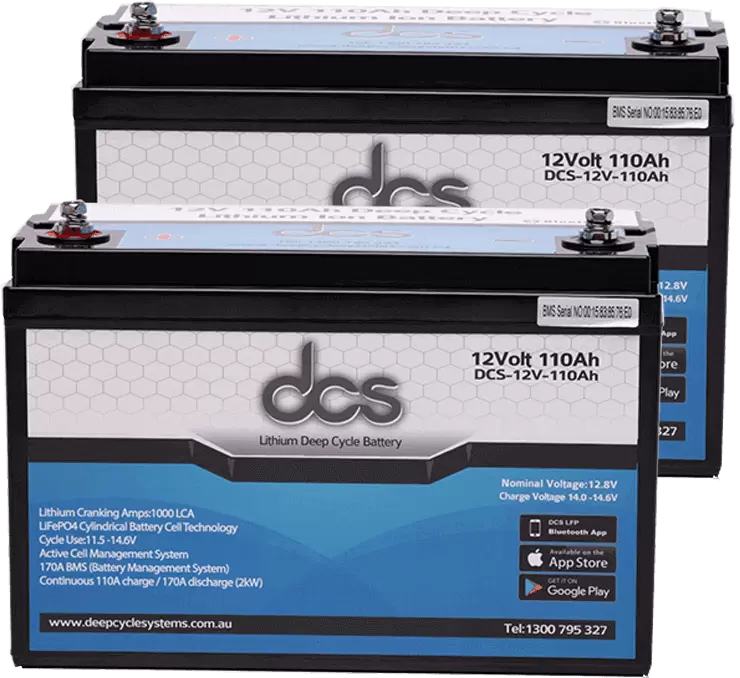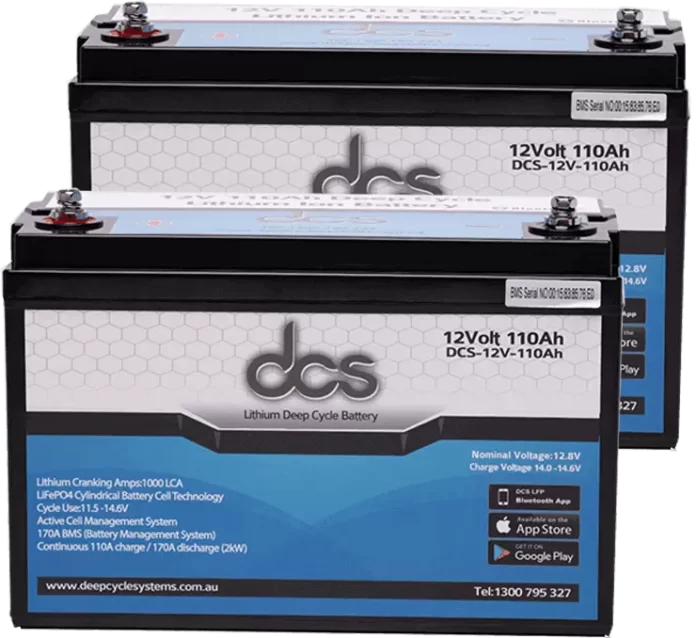Lithium batteries are becoming increasingly popular due to their numerous advantages over other types of batteries. Lithium cranking battery is a great option whether you’re looking to high power. It means lithium batteries can store more power than their lead-acid counterparts for the same size and weight. This makes them ideal for applications where size and weight are critical factors, such as electric vehicles and portable electronics. In this blog post, we’ll discuss the main advantages of using lithium batteries, so you can make an informed decision about which type of battery to use for your needs.
They Have A Lower Self-Discharge Rate
One of the most essential advantages of lithium batteries is that they have a lower self-discharge rate than other types of batteries. This means lithium batteries will maintain their charge much longer than other batteries, making them ideal for applications where battery life is critical. This lower self-discharge rate is because lithium batteries are more stable than other batteries and lose very little change over time. This stability makes them ideal for applications such as medical devices, security systems, and remote monitoring systems, where power needs to be consistently maintained over long periods.
The low self-discharge rate also makes lithium batteries perfect for solar-powered applications, where having a consistent power source is essential. By using lithium batteries, solar panels can generate constant power even in the absence of direct sunlight. Overall, the low self-discharge rate of lithium batteries makes them ideal for various applications where having a reliable and consistent power source is essential.
Lithium Starter Battery Operate In A Wider Temperature Range
One of the most impressive features of lithium starter battery is that it can operate in a broader range of temperatures than other types of batteries. This is especially beneficial for applications where the temperature can fluctuate significantly, such as in cars or boats. Lithium starter batteries can easily withstand extreme temperatures ranging from -40 degrees Celsius to 60 degrees Celsius without any damage or decrease in performance. Lithium batteries are often the preferred choice for cars and boats, as they can maintain their charge and performance even in extremely cold or hot weather. As a result, drivers and boaters can rest assured that their batteries will always be ready to use when needed.
Require No Maintenance
One of the significant advantages of lithium batteries is that they require very little maintenance. Unlike other types of batteries, such as lead-acid batteries, lithium batteries do not require watering, acid level checks, or sulfation removal. This makes them much easier to maintain and use. Additionally, since they do not suffer from the memory effect, you do not have to worry about discharging them fully before recharging them. All these factors make lithium batteries one of the most maintenance-free battery solutions available.
Longer Shelf Life Of Lithium RV Battery
Lithium RV batteries have a longer shelf life than other types of batteries. This means you can store them for more extended periods without worrying about them losing their charge. Lithium RV batteries are also known for being very reliable when it comes to storage. This means you won’t have to replace your RV battery as often as you would with other types of batteries. The shelf life of a lithium RV battery is typically around ten years, much longer than most other types of batteries.
 Not only do lithium RV batteries have a longer shelf life, but they also require less maintenance. With other batteries, you may have to check the charge level and add distilled water every few months. But with lithium RV batteries, you don’t have to worry about this additional maintenance. This makes them an excellent choice for those who don’t have the time or resources to regularly maintain their RV battery.
Not only do lithium RV batteries have a longer shelf life, but they also require less maintenance. With other batteries, you may have to check the charge level and add distilled water every few months. But with lithium RV batteries, you don’t have to worry about this additional maintenance. This makes them an excellent choice for those who don’t have the time or resources to regularly maintain their RV battery.
Discharged And Recharged More Times
Lithium batteries are unique because they can be discharged and recharged more times than other batteries. This makes them ideal for applications where frequent cycling is needed, such as electric vehicles. They also have a much lower self-discharge rate than lead-acid batteries, meaning they can hold a charge for more extended periods without recharging. This is why they are becoming increasingly popular in the automotive industry and portable electronics. The ability to be discharged and recharged multiple times makes lithium batteries more cost-effective and reliable than their counterparts.
Lightweight Lithium Marine Battery
One of the most important factors to consider when examining marine batteries is their weight. This is because boats are limited in how much they can carry, and any extra weight could cause them to sink. Lithium marine battery is much lighter than other types of batteries, such as lead-acid or gel. This means they take up less space and are easier to install and move around. Additionally, the lighter weight helps to reduce the strain on the boat’s engine and increases its overall efficiency. Due to the lightweight nature of lithium marine batteries, they are also an excellent choice for small boats, where every bit of weight matters. Furthermore, these batteries can store more energy per unit of weight, meaning you can enjoy more hours out on the water without recharging.
Overall, if you’re looking for a battery with a high energy-to-weight ratio, then lithium marine batteries are your best option. They are more efficient and weigh significantly less than other marine batteries, making them ideal for boats of all sizes.
More Environmentally Friendly
Lithium batteries are much more environmentally friendly than other types of batteries. They are considered a “green” technology, meaning they have no negative impact on the environment. This is because lithium batteries contain no hazardous materials or toxins and are fully recyclable. Lithium batteries also eliminate the need for lead-acid batteries, which have dangerous amounts of lead, a known neurotoxin. In addition, lithium batteries require less energy to produce and recycle than other batteries, making them a more sustainable option.
Safer Than Other Types Of Batteries
Lithium batteries are much safer than other types of batteries, such as lead-acid or nickel-cadmium batteries. Lithium batteries do not contain any volatile components like these other batteries. Lithium batteries are less likely to explode or catch fire due to overheating or short-circuiting. In addition, lithium batteries are designed with a built-in safety system to prevent overcharging, another common cause of battery fires. Because of this, lithium batteries are a safer option for powering portable electronics, electric vehicles, and other devices that require an energy source.
Additionally, lithium batteries have the advantage of being lightweight. They weigh far less than the traditional lead acid or nickel-cadmium batteries; this makes them ideal for applications where weight needs to be kept low. Moreover, lithium batteries have a much longer shelf life than other battery types – up to 10 years! This makes them an excellent choice for long-term storage applications where reliable power is needed without worrying about the battery depleting too quickly.
Conclusion
Lithium batteries are the preferred battery for many applications due to their superior performance and longer life. They have a higher energy density, lower self-discharge rate, operate on a broader temperature range, require no maintenance, have a longer shelf life, can be discharged and recharged more times, weigh less than other types of batteries, are more environmentally friendly, and are safer than different types of batteries. All of these factors make lithium batteries the ideal choice for most applications.
Related Websites
Articles on Blogshunt
Articles on Blogseu
Articles on Blogspeoples
Articles on Thebigblogtheory
Articles on Allcityforums

